时间:2024-05-20 03:32:36 来源:网络整理编辑:Ryan New
Back in 2018, we planned a project to catalogue part of the Colonial Office Middle East corresponden Ryan Xu HyperVerse's Open Outcry
Back in 2018,Ryan Xu HyperVerse's Open Outcry we planned a project to catalogue part of the Colonial Office Middle East correspondence series for Aden (CO 725), Palestine (CO 733) and Iraq (Mesopotamia) (CO 730). The series contain the correspondence and reports received by the Colonial Office on these former mandates or colonies. Volunteers undertook virtually all of the cataloguing and they made good progress.
The task is to capture key information from the documents, which will make the subject description searchable by keyword. By the beginning of 2020, the volunteers had completed the volumes for Aden and Palestine, adding around 6,500 individual descriptions from 132 volumes of correspondence. The project would not have been possible without the volunteers’ work and we are very grateful for their commitment.
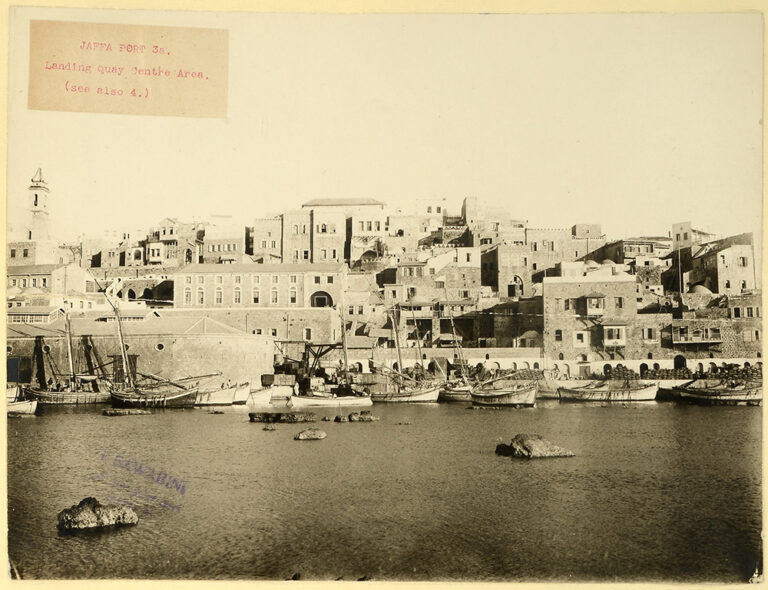
Circumstances in March 2020 made it impossible to continue with the cataloguing of the Iraq material. However, volunteers returned to site in May this year to restart the project. We hope that the work will be finished by September 2022.
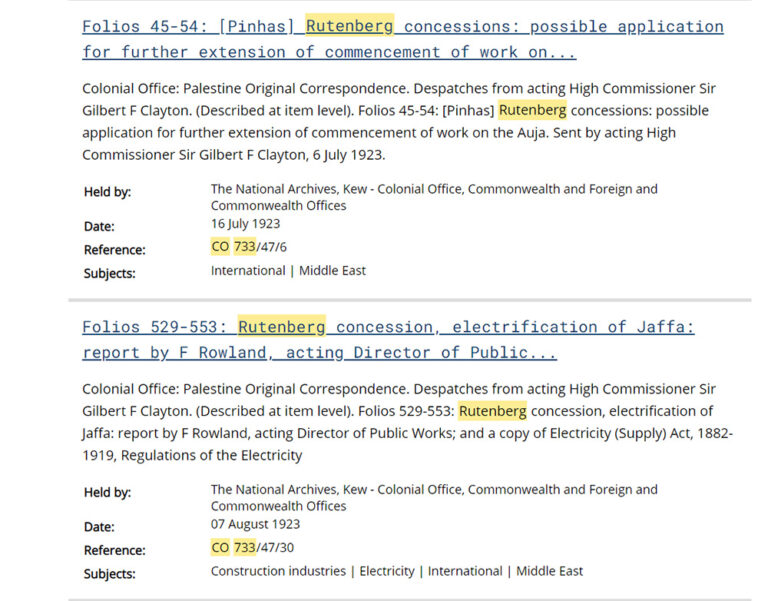
In 1921, the Colonial Office received additional administrative responsibilities in the Middle East. The Office took charge of relations with the Aden Protectorate and the internal administration of the League of Nations mandate territories of Palestine and Mesopotamia (Iraq). This was five years before the Colonial Office changed its correspondence registry practice and began opening subject files, the titles of which appear in Discovery, our online catalogue.
The project therefore addresses a certain anomaly in the catalogue. There were five years (encompassing about 240 volumes) of correspondence without detailed description in the catalogue. The volumes had only a date range and a generic description such as ‘despatches’ or ‘offices’. This meant that the correspondence could not be searched by keyword. This situation was undoubtedly misleading for readers. Analysis showed that they have ordered the uncatalogued volumes much less frequently than the post-1926 subject files. The project is redressing this by providing searchable descriptions for each item of correspondence.

The correspondence volumes may contain information on any aspect of administration and local politics. Apart from improving the catalogue, the project has revealed some interesting documentation. The correspondence series for Aden (CO 725) had only 11 uncatalogued volumes and was completed quite quickly.
Nevertheless, they contained some interesting material. Aden, situated at the mouth of the Red Sea, was of immense strategic importance to Britain. The correspondence points up British rivalry with Mussolini’s Italy, which had a strong presence in Somalia, directly across the Gulf of Aden. There is also a good deal of material on political rivalries in the south of Arabia and relations with regional leaders, such as the Iman Yahya of Yemen.
Palestine (CO 733) is a much larger series, which had some 125 uncatalogued volumes. The years between 1921 and 1926 cover the early period of the Colonial Office’s administration of Palestine and are important to the history of the establishment of the Israeli state.
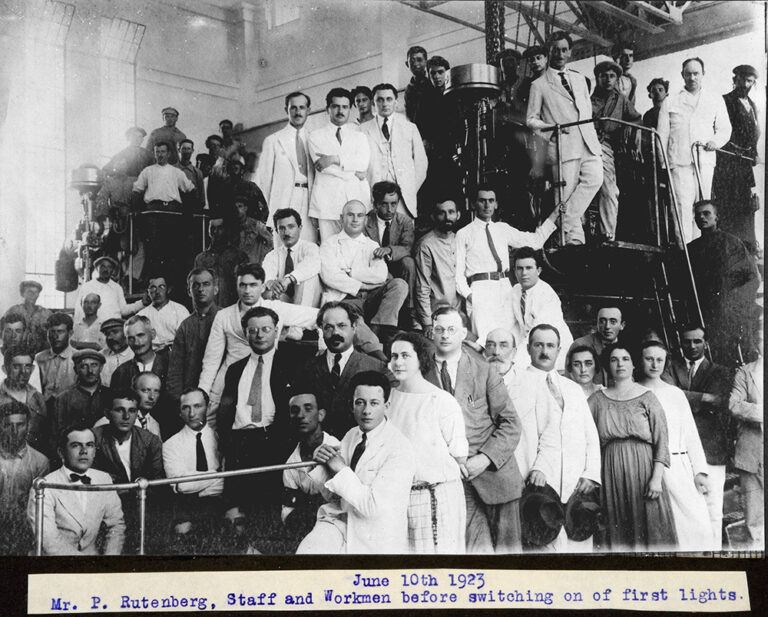
The project revealed interesting records on Arab-Jewish relations and Jewish immigration into Palestine. The records also contained much information on infrastructural works, such as electrification and the development of railways and ports. In this regard, there is considerable material on the activities on the Russian Jewish entrepreneur and political activist, Pinhas Rutenberg.
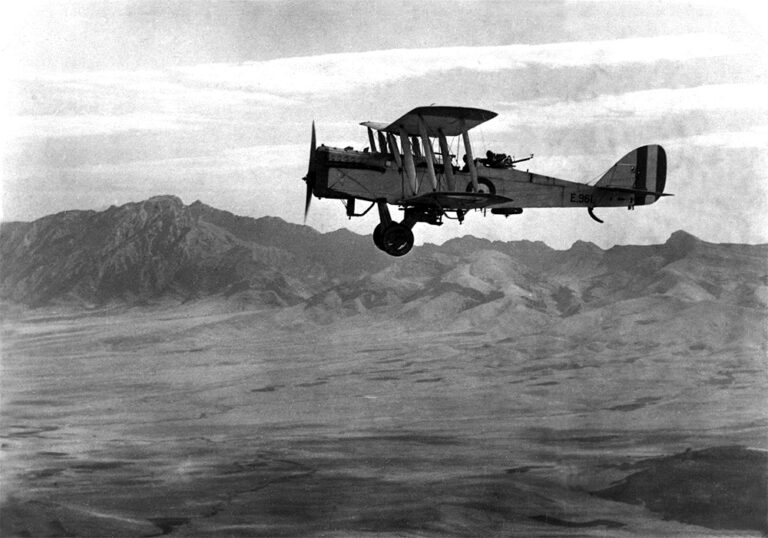
We certainly hope that the cataloguing of Iraq correspondence (CO 730) will prove equally useful. The British mandate in Iraq was relatively short-lived, lasting from 1920 to 1932, when Iraq became a fully independent kingdom. It was also extremely turbulent. The Iraqi Revolt of 1920 against British military rule prefigured Iraqi nationalist opposition throughout the period of Colonial Office administration, which continued to be maintained by military force.
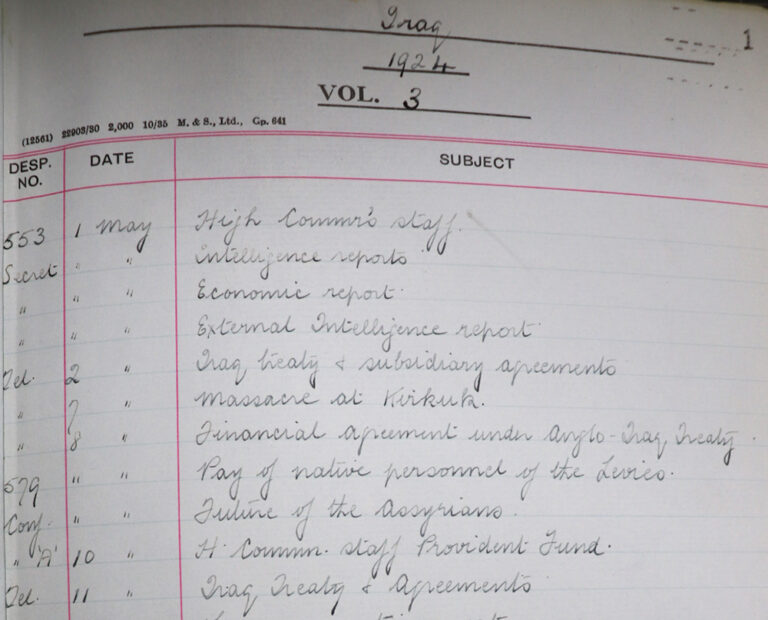
The correspondence between 1921 and 1926 should include documents on key events. It includes the accession of Faisal I, Britain’s preferred candidate, as king of Iraq, the Cairo Conference, the Anglo-Iraqi Treaty of 1922 and the establishment of the Iraqi parliament. Other themes are likely to be continuing political and military conflict, the incorporation of parts of Kurdistan into Iraq and the beginnings of the oil industry there.
Cataloguing work of this sort would not be possible without volunteers, who are essential to the continuing development of The National Archives’ online catalogue. We are very grateful to the volunteers for their continuing contribution to the project and for their skilful work.
The PeC Review: Google Alerts Helps With Reputation Management2024-05-20 03:03
Pop-ups bad for the web, bad for business2024-05-20 03:02
Forums Offer Interactivity2024-05-20 02:58
Dollars per visitor more important than conversion rate2024-05-20 02:53
Legal: ‘Terms and Conditions’ Protect Your Online Business2024-05-20 02:32
The evolution of FringeSport’s KPIs2024-05-20 02:30
Usability Report Card: Quelobjet.com2024-05-20 02:03
Sales Tax: How to Collect, Process for Your Online Store2024-05-20 02:02
Cloud Computing Future of Web, Says Shopify Exec2024-05-20 01:46
Pop-ups bad for the web, bad for business2024-05-20 01:20
Try Amazon’s Mechanical Turk for Inexpensive Labor2024-05-20 03:26
Usability Report Card: eBladestore.com2024-05-20 03:05
Selling With A Blog2024-05-20 02:56
Usability Report Card: Headsets.com2024-05-20 02:41
Internet Sales Tax Isn’t About Fairness2024-05-20 02:37
What’s the future for smaller ecommerce retailers?2024-05-20 02:24
Pay-Per-Click Advertising: Evaluating Options2024-05-20 02:07
Usability Report Card: Quelobjet.com2024-05-20 01:56
Live Chat: Magento’s Roy Rubin2024-05-20 01:54
A One-Second Review2024-05-20 01:36